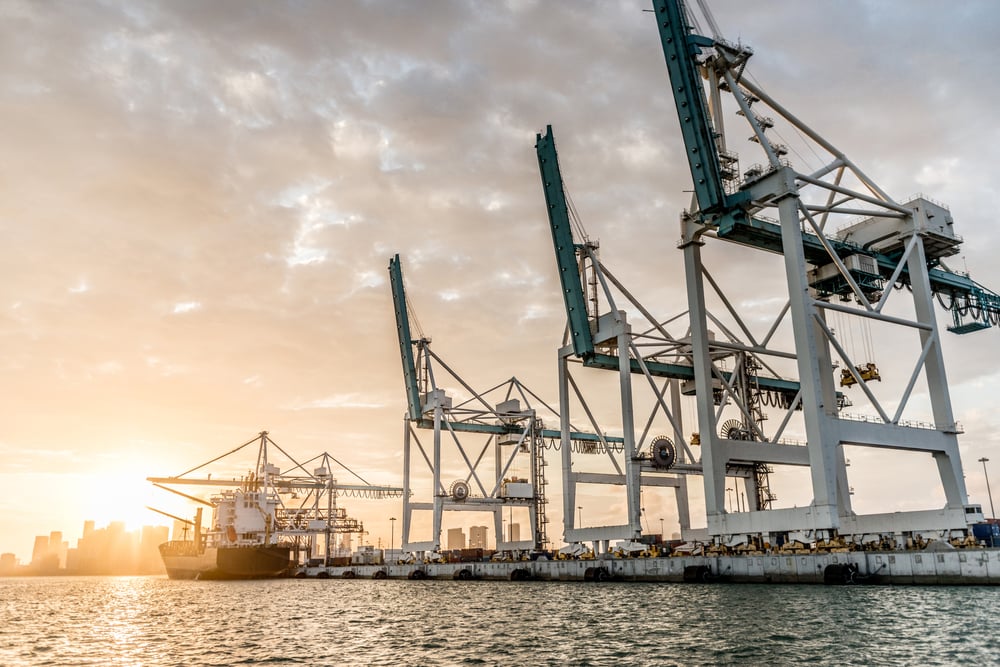Turkey allegedly suspends olive oil exports until 1st November
Recent reports indicate that the Turkish Ministry of Trade has suspended olive oil exports until 1st November, attributing this decision to the global surge in olive oil prices. Additionally, there are concerns about the potential impact of Turkish oil sales to third countries by Spain and Italy, which, if not curtailed, could make domestic consumption of the material challenging owing to a lack of supply.
Market players have highlighted that this move comes in response to production worries in major European olive oil-producing countries like Italy, Spain, and Greece, where drought conditions are prevalent. Such conditions may result in a considerable drop in olive oil production compared to the five-year average with market players submitting estimates to Mintec of 1.3 to 1.45 million metric tonnes of olive oil to be produced in the EU significantly below the five year average of 2.1 million metric tonnes according to the EU commission.
The Ministry of Trade allegedly acknowledges the challenges Turkey faces due to the high customs duties imposed by the EU, which restrict the country's ability to supply significant quantities of olive oil to EU member states. Furthermore, market sources have indicated that Turkey has been a vital supplier of olive oil volumes to Spanish, Italian, and Greek players, supplying at more competitive prices than what is available domestically.
If these reports prove accurate, the impact of the suspension could exacerbate the already limited volumes of key supplier Spain, where industry players estimate that the available olive oil stock in the hands of producers is less than 205,000 metric tonnes. Market players fear this restriction on Turkish exports might lead to a tighter market, driving up olive oil prices in the short term. With fewer options for sourcing the material, players will likely face challenges in consigning the product. The situation is particularly tense as the high prices have thus far failed to dissuade consumers from purchasing olive oil. Consequently, industry players are reportedly scrambling to secure supplies, driven by the looming risk of running out of stock and the potential of increased prices in the coming months.

.png?width=145&height=54&name=Mintec_Logo_Small_Use_Mono_RGB%20(2).png)


















